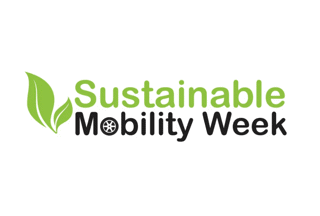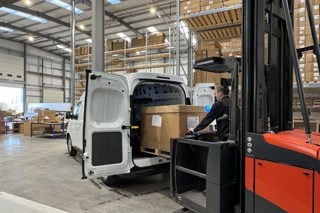
Fleet FAQ
Q:
Is BIK payable on a company van or pick-up?
A:
Employees pay tax on a company van or pick-up truck if they or a member of their family or household make private use of it. If the employee has the van mainly for work journeys (for example, delivering goods or making calls to customers) and the only private use is commuting, there is no tax to pay.
If there is other private use, tax is payable unless this private use is 'insignificant'.
Just exactly what constitutes insignificant use, though, is open to discussion. Officially, the rules laid down are as follows:
Insignificant use - a driver who:
- Takes an old mattress or other rubbish to the tip once or twice a year
- Regularly makes a slight detour to drop off a child at school or stops at a newsagent on the way to work
- Calls at the dentist on the way home from work
Significant use - a driver who:
- Regularly uses the van to do the supermarket shopping
- Takes the van away on a week’s holiday
- Uses the van for social activities
It may sound straightforward but obvious gaps exist. Would a driver who takes a mattress to the rubbish tip, say four times a year, be expected to cough up? Probably not.
Vehicles used for private journeys
You’ll need to report a standard value of £3,960 to HM Revenue and Customs (HMRC). This can be reduced if:
- your employee cannot use the van for 30 days in a row
- your employee pays you to privately use the van
- other employees use the van - divide £3,960 by the number of employees
If the fuel is provided, you’ll need to report a standard value of £715 to HMRC. This can be reduced if:
- the employee cannot use the van for 30 days in a row
- your employee pays you back for all their private fuel
- you stopped providing fuel during the tax year
For the 2025/26 and 2026/27 tax years, the standard value increases to £4,020 for company van tax and £769 for the fuel benefit charge.
What drivers will pay
In the 2024/25 tax year a 20% taxpayer will pay £792 per year in company van tax and an additional £143 per year if the fuel benefit charge applies.
A 40% taxpayer will pay £1,548 per year in company van tax and an additional £286 if the fuel benefit charge applies.
For the 2025/26 and 2026/27 tax years, the company van tax charge will be £804 per year for a 20% taxpayer and £1,608 for a 40% taxpayer.
The fuel benefit charge will increase to £153.80 for a 20% taxpayer and £307.60 for a 40% taxpayer.
Double cab pick-ups
Double cab pick-up trucks registered after April 06, 2025, will be treated the same as cars for benefit-in-kind tax purposes, if any private usage is permitted.
This means the tax charge will be based on both the vehicle's list price and its CO2 emissions. For more information on company car tax rates, click here.














